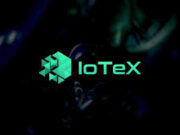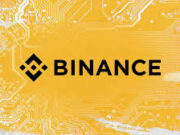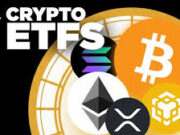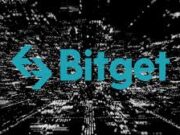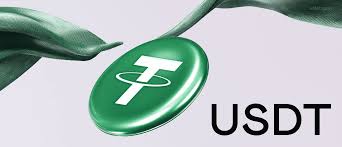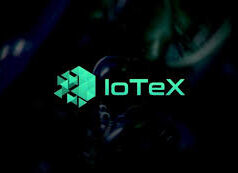Imagine driving up to a dealership in La Paz, spotting that Toyota Corolla you’ve wanted, and instead of fumbling with Bolivianos or waiting days for a wire transfer, you simply scan a QR code and pay with USDT (Tether)—instant, stable, and borderless. While this scene hasn’t been officially confirmed, the idea reflects Bolivia’s rapidly changing relationship with digital assets.
Bolivia’s Crypto Journey: From Ban to Regulated Adoption
In 2014, the Banco Central de Bolivia (BCB) banned cryptocurrencies, citing threats to monetary stability and concerns over illicit activities. (Cointelegraph)
However, in June 2024, Bolivia flipped the script via Board Resolution Nº 082/2024, which lifted the crypto ban and permitted virtual asset transactions under regulated channels. This resolution revoked earlier restrictions (notably Resolution 144/2020) and enabled use of electronic payment instruments for virtual assets. (Charlton’s Quantum)
Since then, adoption has surged. By mid-2025, reported virtual asset transactions (through regulated channels) reached $430 million, a roughly 630 % year-over-year increase. (CryptoNinjas)
What We Know vs What Remains Speculative: Toyota, BYD, Yamaha & USDT
You claimed that major automakers—Toyota, BYD, and Yamaha—are now accepting USDT payments in Bolivia. As of my latest check:
- I found no credible source confirming dealerships are officially listing vehicle prices in USDT, or that these manufacturers have formal programs for USDT vehicle purchases.
- Existing sources focus on macro-level adoption of virtual assets (payments, remittances, etc.), regulatory changes, and fintech licensing. (Coinpedia Fintech News)
So, unless there’s a recent announcement or press release I missed, the claim remains unverified.
Why This Story Could Make Sense (If True)
If the above claim proves accurate, several factors suggest it wouldn’t be surprising:
- Regulatory Green Light
Resolution 082/2024 and Supreme Decree 5384 have laid down the framework for virtual asset service providers, anti-money-laundering (AML) controls, and licensing. (AInvest) - Surging Crypto Payments
With $430 million in virtual asset payments in a year, many businesses are already looking for ways to accept crypto or stablecoins as means of payment. (CryptoNinjas) - Demand for Stability and Speed
Bolivia faces inflation, foreign currency shortages, and high remittance fees. A stablecoin like USDT could theoretically provide an alternative to traditional banking hurdles.
What It Would Mean for Bolivians
If car dealerships begin accepting USDT, the implications could include:
- Lower transaction costs for buyers and sellers, especially in cross-border or remittance-driven purchases.
- Protection against inflation for those holding a stablecoin pegged to USD.
- Increased inclusion for people who lack access to traditional banking but can use digital wallets.
- Potential risks, including volatility in the stablecoin’s backing, regulatory shifts, and technology barriers (wallets, identity verification, etc.).
What to Check Next / Where to Find Confirmations
To confirm whether Toyota, BYD, and Yamaha are actually accepting USDT:
- Monitor official announcements from Toyota Bolivia, BYD Bolivia, and Yamaha Bolivia.
- Check local dealership listings (websites or physical dealerships) for payment terms.
- Search press releases by Tether or statements by Paolo Ardoino.
- Look for regulatory filings or news in Bolivian media outlets.
Conclusion
Bolivia has made dramatic progress: from a full ban on crypto to formal regulation, surging transaction volumes, and a more permissive environment for virtual assets. While the idea that major automakers are accepting USDT for vehicles is intriguing and plausible given current trends, there is no verified public evidence yet. If true, however, it would signal a significant milestone in crypto adoption—not just for Bolivia, but for emerging markets worldwide.
References
- “From ban to adoption: The evolution of crypto policy in Bolivia.” Cointelegraph. (Cointelegraph)
- “Crypto Regulations in Bolivia 2025.” Coinpedia. (Coinpedia Fintech News)
- “Bolivia’s Crypto Boom: $430M in Transactions as Virtual Asset Payments Surge 630% in a Year.” Cryptoninjas. (CryptoNinjas)
- “Bolivia Sees 630% Crypto Transaction Surge After Payment Ban Lifted.” AInvest. (AInvest)



